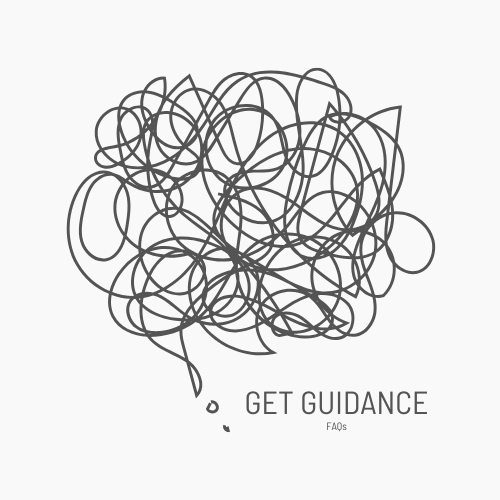FAQs
What should I expect in my first counselling session?
Your first session is primarily about building rapport and getting to know each other. We’ll discuss your intake form, explore your current concerns, and begin to identify your therapy goals. I’ll explain my approach and answer any questions you have about the counselling process. The initial session helps us determine if we’re a good fit to work together and establish the foundation for our therapeutic relationship.
How long are counselling sessions?
Standard counselling sessions are 50 minutes in length. However, for certain types of therapy such as Brainspotting or intensive work, we may schedule 80-minute sessions when appropriate. We’ll discuss the recommended session length based on your specific needs during our initial consultation.
How often will we meet?
Ultimately, the frequency is entirely up to you and your needs. Most clients begin with weekly sessions to build momentum in the therapeutic process. As progress is made, we may transition to bi-weekly or monthly sessions. The frequency of our meetings will be tailored to your specific needs, goals, and circumstances. We’ll regularly review our schedule to ensure it continues to support your healing journey effectively.
How do I know if you’re the right counsellor for me?
Finding the right therapeutic fit is important for successful counselling. I offer an initial consultation where we can discuss your needs and goals, and you can ask questions to determine if my approach aligns with what you’re looking for. Trust your intuition about whether you feel comfortable and understood in our interactions. Research shows that the quality of the therapeutic relationship is one of the strongest predictors of positive outcomes in therapy, regardless of the specific techniques used.
Do you offer online counselling?
Yes, I provide both online and telephone counselling services. Virtual sessions offer the same quality of care as in-person meetings, with the added convenience of connecting from your preferred location. All you need is a reliable internet connection and a private space where you feel comfortable speaking freely. Many clients find that online counselling eliminates travel time and fits more easily into busy schedules.
Is our counselling relationship confidential?
Yes, confidentiality is a cornerstone of effective therapy. What you share in our sessions remains private and protected under the Personal Information Protection Act. There are a few specific legal exceptions to confidentiality, including situations involving risk of harm to yourself or others, suspected child abuse, or court orders. I’ll explain these limitations in detail before we begin working together to ensure you fully understand how your privacy is protected.
How long does counselling typically last?
The duration of counselling varies widely depending on your specific goals, the nature of your concerns, and your personal circumstances. Some clients achieve their objectives in 8-12 sessions, while others benefit from longer-term support spanning several months or more. We’ll regularly review your progress and adjust our approach as needed. The therapeutic relationship is flexible, and many clients return periodically during different life transitions even after their initial goals have been met.
What is Brainspotting and how does it work?
Brainspotting is a powerful brain-body therapy that works with the brain’s natural ability to heal by identifying and processing specific points in our visual field (called “brainspots”) that correlate with areas of emotional distress held in the subcortical brain. By focusing on these brainspots while processing difficult emotions or memories, we can access and release stored trauma that may be outside conscious awareness. This approach can be particularly effective for addressing trauma, anxiety, and other issues that haven’t fully responded to talk therapy alone.
Do you accept insurance?
As a Registered Clinical Counsellor (RCC), my services are often covered by extended health benefits plans. I don’t bill insurance companies directly, but I provide detailed receipts that you can submit for reimbursement. I recommend checking with your insurance provider about your specific coverage for counselling services with an RCC before beginning therapy. If you plan to use insurance, you can provide your insurance details on the intake form, and I’m happy to answer any questions about the reimbursement process.

